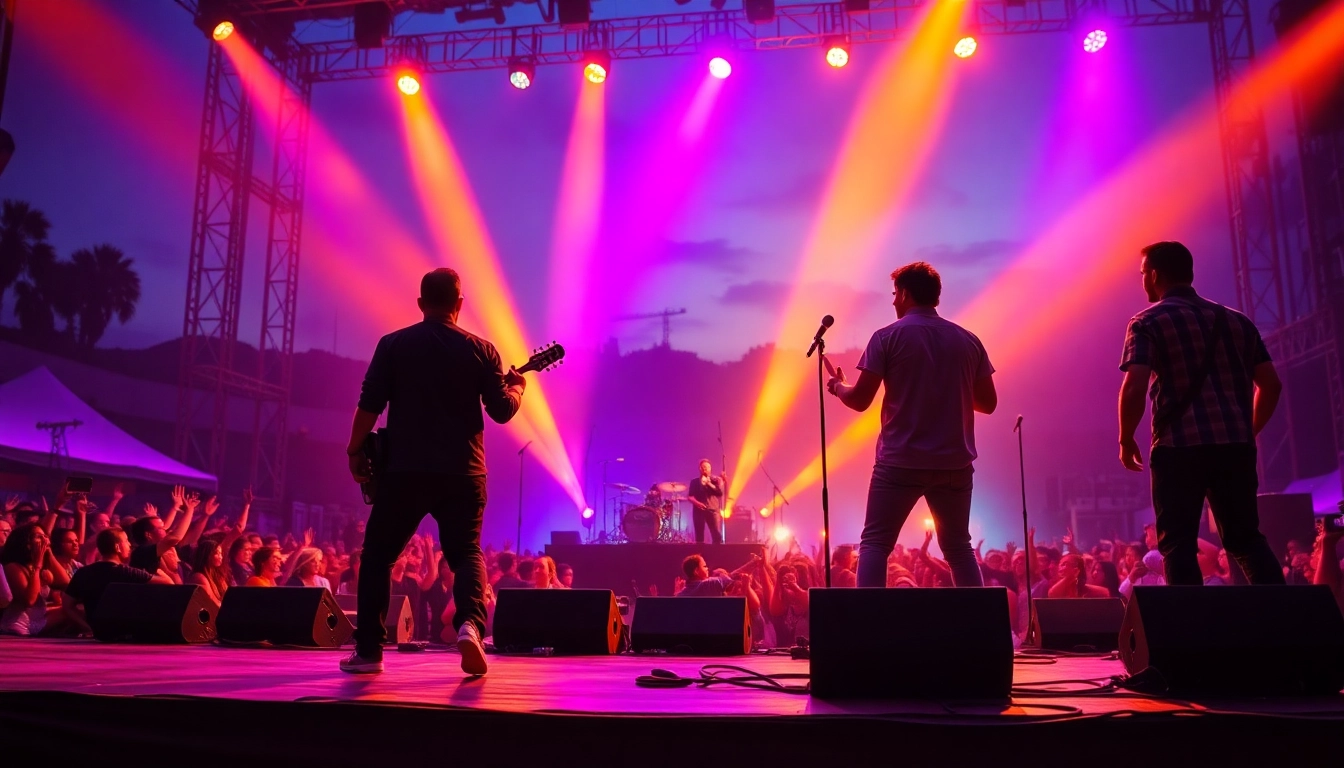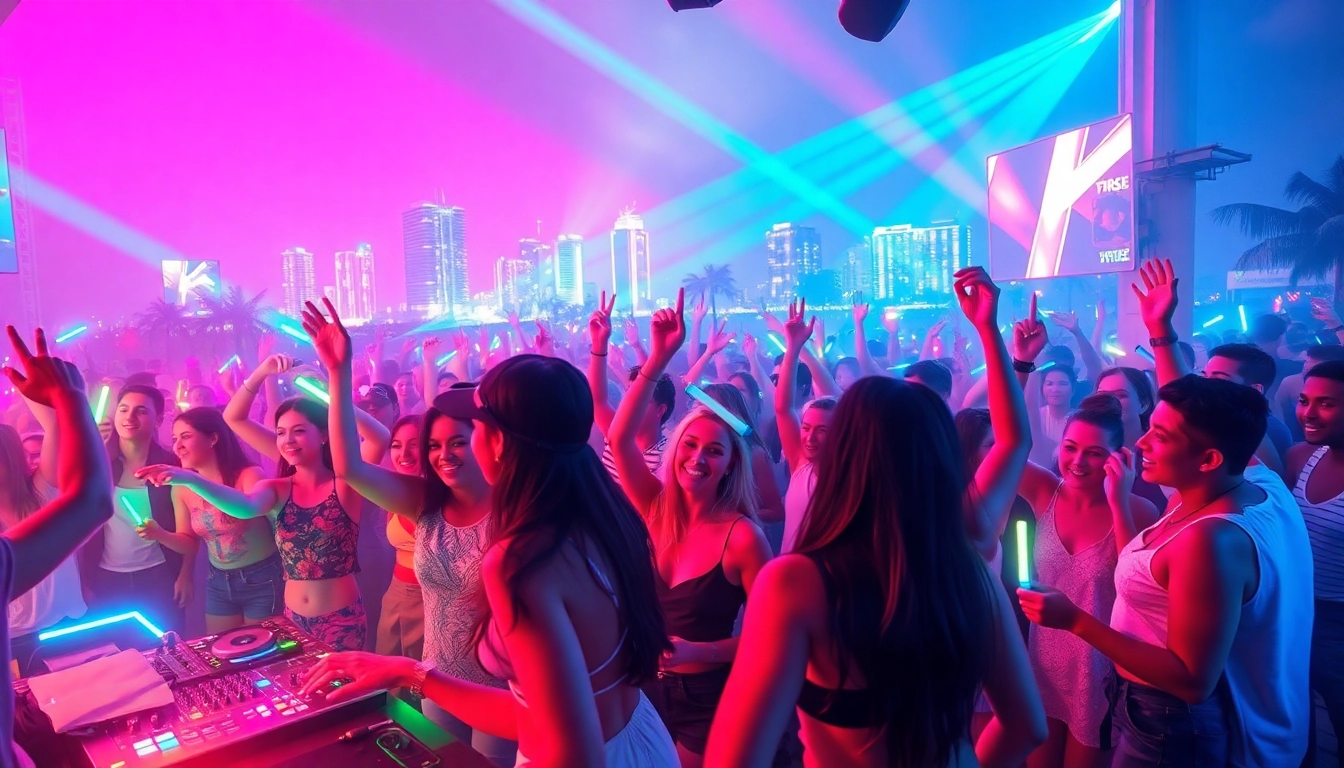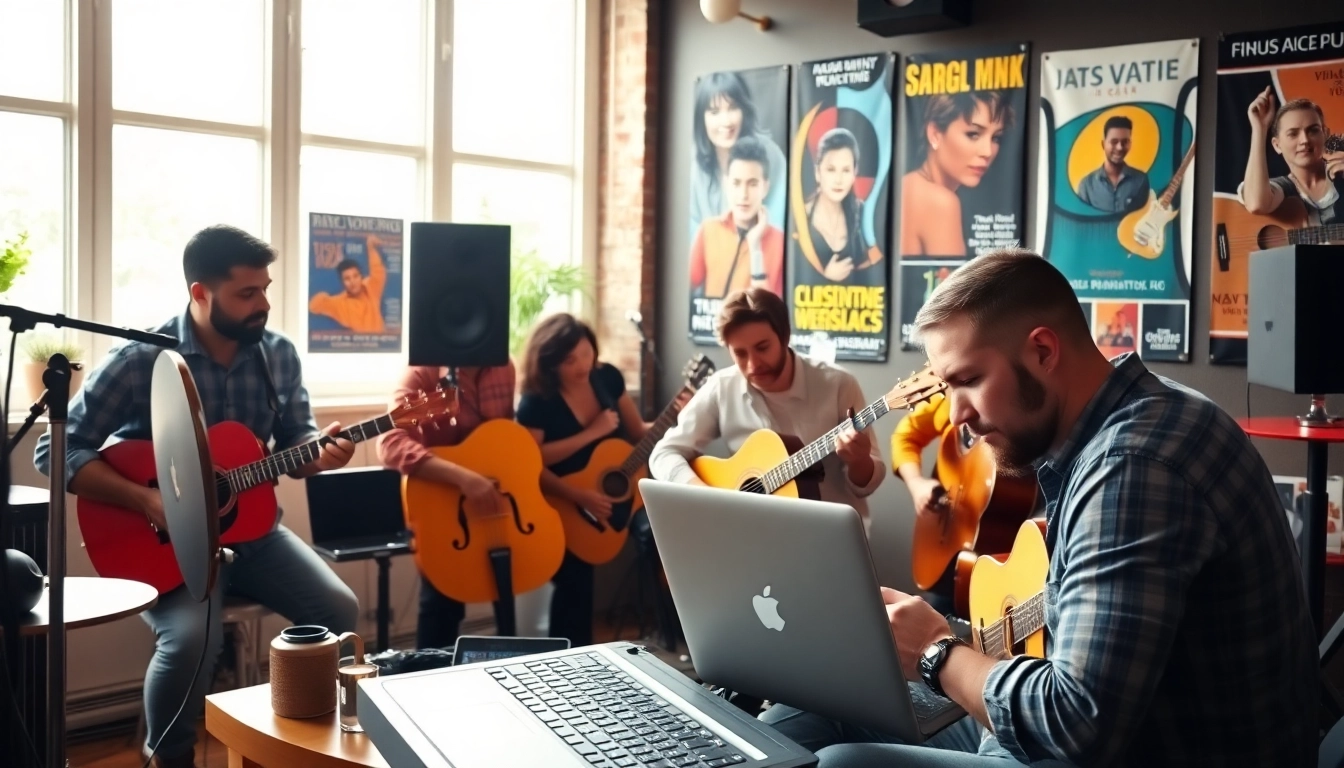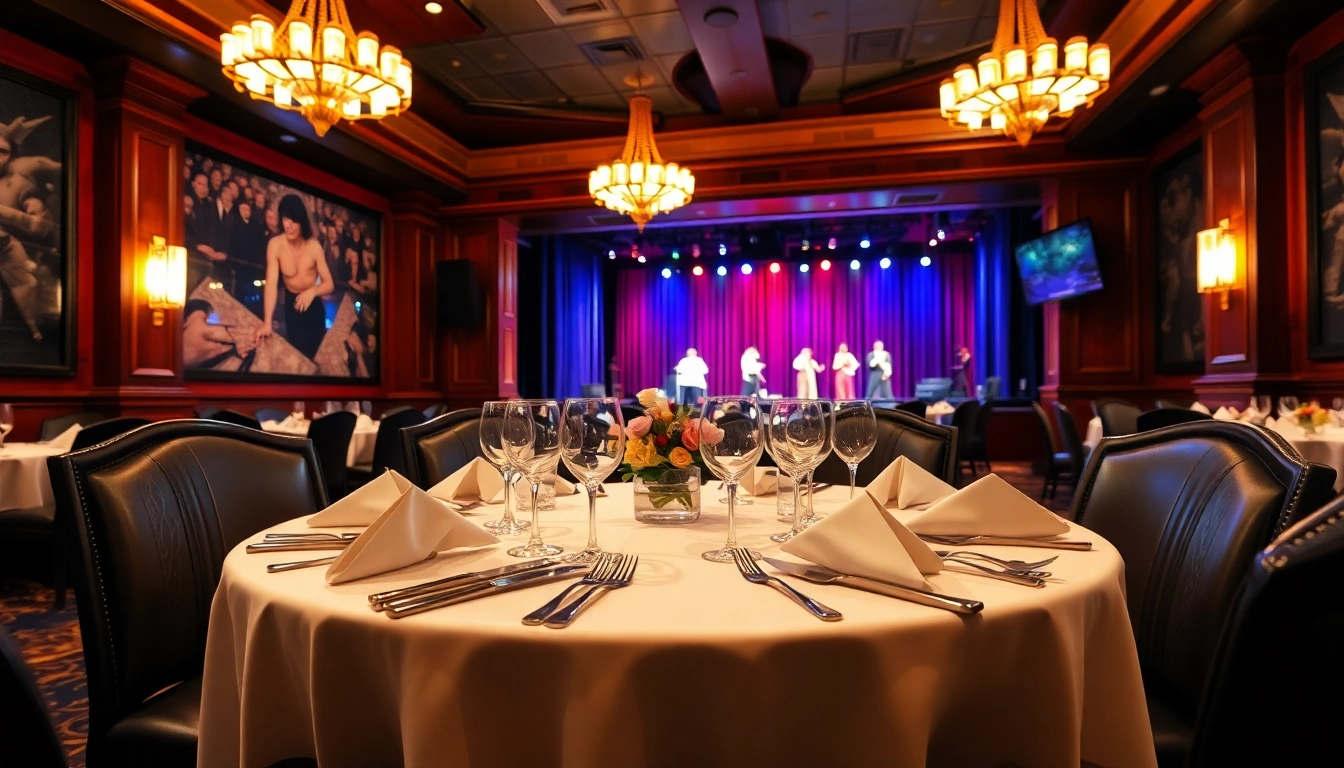For many artists, the road from local gigs to international fame is paved with live performances. Touring is not just a rite of passage; it’s a critical aspect of an artist’s career that helps in establishing connections, building a brand, and driving revenue. In this comprehensive guide, we will explore the complex dynamics of touring, from pre-tour preparations to post-tour reflections, and uncover future trends that are shaping the way artists interact with their audiences.
Understanding the Dynamics of Touring
The Importance of Touring in the Music Industry
Touring serves as a lifeline for many musicians, allowing them to interact with fans and promote their work. While streaming platforms have altered how music is consumed, live performances remain irreplaceable. According to a report from the Revenue of the Music Industry, live music events generate billions annually, making touring a vital source of income for artists. The authentic connection that occurs during a live performance is unmatched and helps artists solidify their fanbase.
How Tours Shape Artist Branding
Every tour is an opportunity for artists to communicate their brand identity, express their artistry, and create memorable experiences for their fans. From elaborate stage setups to personalized setlists, artists can tailor their performances to forge deeper connections. Upscale visual branding, merchandise sales, and unique thematic tour concepts can elevate an artist’s profile and distinguish them from competitors. A well-executed tour can result in significant media coverage, further enhancing an artist’s visibility and reputation across various platforms.
Challenges Artists Face While Touring
Despite the numerous benefits associated with touring, it is not without its difficulties. Artists often face logistical challenges such as coordinating schedules, managing transportation, and ensuring venues meet their needs. Additionally, the risks of health issues, fatigue, and the pressure to perform consistently can take a toll on both artists and their crew. These challenges must be meticulously managed to ensure a successful tour experience.
Pre-Tour Preparation: Essentials for Success
Planning: From Logistics to Setlist Creation
Effective planning is the backbone of a successful tour. This includes choosing the right cities and venues that cater to the artist’s fanbase and determining optimal dates that avoid conflicts. A detailed logistics plan should encompass travel arrangements, accommodations, and local partnerships to streamline promotions and events. Furthermore, creating a compelling setlist is essential. It should reflect the artist’s growth and resonate with their audience, ensuring an engaging experience for all attendees.
Marketing Strategies to Promote Your Tour
Marketing is crucial when it comes to promoting a tour. Leveraging social media platforms, email marketing, and other digital channels can significantly enhance visibility. Collaborating with influencers and local media can also generate excitement around upcoming performances. Unique promotional strategies like early bird ticket discounts, VIP packages, or fan contests can increase engagement and incentivize ticket sales.
Engaging with Fans Before the Tour Starts
Building anticipation before the tour is essential. Artists can utilize social media to share behind-the-scenes preparations, teasers of new music, or updates on tour dates. Engaging with fans through live Q&A sessions and fan events can create a sense of community and build excitement. Personalized merchandise offers or exclusive content can further enhance fan engagement and drive pre-sale ticket interest.
On the Road: Managing a Successful Tour
Daily Routines for Artists and Crew
Once on tour, establishing a daily routine can improve morale and maximize productivity. Morning check-ins, rehearsals, soundchecks, and scheduled breaks can ensure that everyone stays focused and energized. Crew members play a pivotal role in the success of the tour; thus maintaining open lines of communication is essential. Detailed schedules can facilitate better coordination, enabling the entire team to work seamlessly together.
Keeping the Energy Up: Health and Well-being
Maintaining physical and mental health while touring is paramount. Long hours, inconsistent sleeping patterns, and demanding schedules can lead to burnout. Artists and crew should prioritize healthy eating, hydration, and exercise wherever possible. Some artists incorporate daily routines such as yoga or meditation, helping them to recharge mentally and physically. Ensuring adequate rest and relaxation can improve performances and enhance the overall tour experience.
Adapting to Unexpected Challenges on Tour
No tour is without its surprises. From equipment failures to weather disruptions, adaptability is key. Successful artists establish contingency plans to address potential issues swiftly. Incorporating flexibility into scheduling and rehearsals can help navigate unexpected changes smoothly. Additionally, having reliable crew members who are trained to handle crises is invaluable. Resilience, resourcefulness, and a positive attitude towards challenges can define the success of a tour.
Post-Tour Reflection: Analyzing Success and Feedback
Gathering and Responding to Fan Feedback
Post-tour reflection is as vital as pre-tour planning. Artists should actively seek and analyze feedback from fans through surveys, social media comments, or fan meet-ups. Understanding fan experiences provides invaluable insights for future performances. Equally important is responding to this feedback, as it fosters a sense of community and encourages fans to remain engaged with the artist’s journey.
Analyzing Tour Revenue and Expenses
Financial management is critical for a successful tour. Examining revenue generated from ticket sales, merchandise, and sponsorships compared to expenses incurred (such as travel, accommodation, and crew salaries) can help artists strategize their budgeting for future tours. Identifying profitable areas and expenses that can be optimized will inform smarter financial decisions moving forward, ensuring sustainability in touring endeavors.
Lessons Learned for Future Tours
Every tour provides learning opportunities. Reflecting on what worked well and what didn’t is essential for growth. Artists benefit from discussing strategies and experiences with their teams to cultivate best practices. This continuous improvement cycle fosters resilience in an ever-changing industry and can ultimately lead to more successful future tours.
Future Trends in Touring
Innovative Technologies Enhancing Touring Experiences
The landscape of touring is rapidly evolving with the advent of innovative technologies. Advanced ticketing platforms, virtual reality experiences, and enhanced stage production technologies are redefining how artists connect with audiences. Artists can utilize augmented reality to create immersive concert experiences or employ live-streaming services to reach fans who cannot attend in person, thereby expanding their audience base.
Shifting Audience Preferences: Virtual vs. Live
With the rise of virtual concerts during the COVID-19 pandemic, audience preferences are shifting. While live concerts offer unmatched experiences, virtual options have proven to be a viable alternative for many. Artists are now exploring hybrid models that combine live performances with virtual elements, catering to diverse audience preferences and making concerts accessible to global fans.
The Greening of Tours: Sustainability in Touring Practices
As environmental consciousness rises, the music industry is making strides towards sustainability. Many artists are implementing eco-friendly practices on tour, such as utilizing renewable energy sources, reducing single-use plastics, and partnering with local organizations to offset carbon footprints. This shift not only appeals to environmentally conscious fans but is becoming a necessary consideration in the modern touring landscape.



